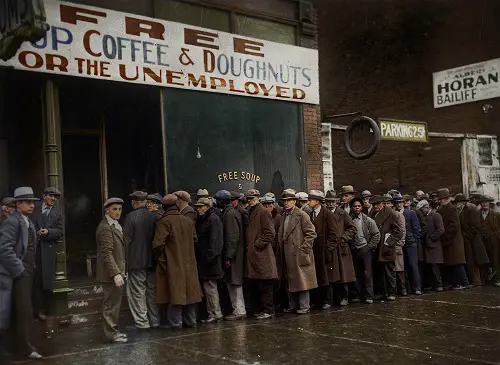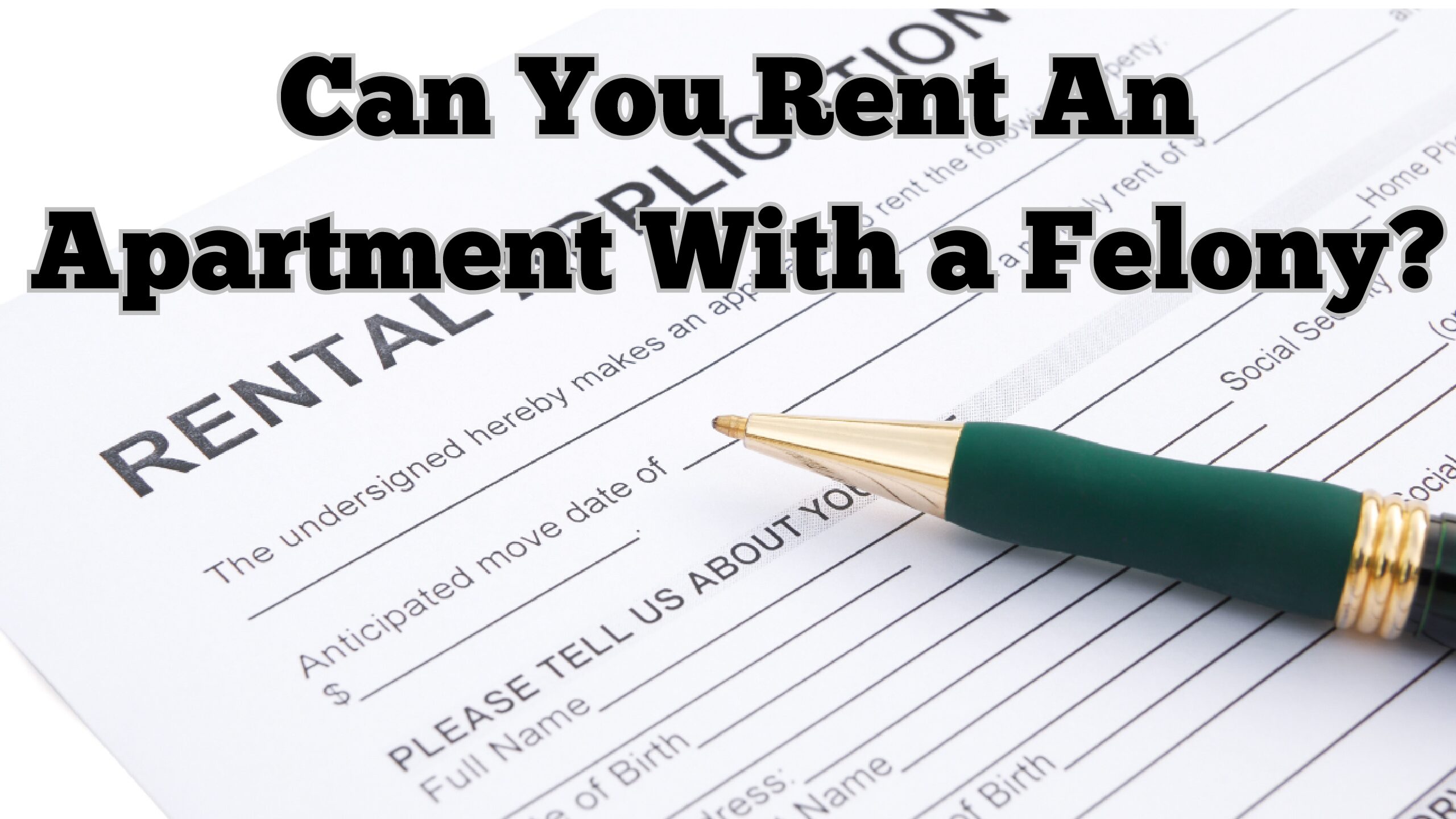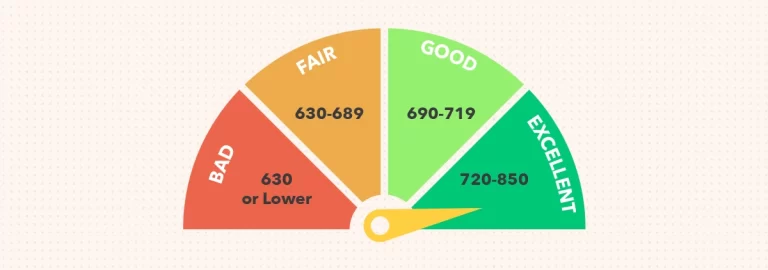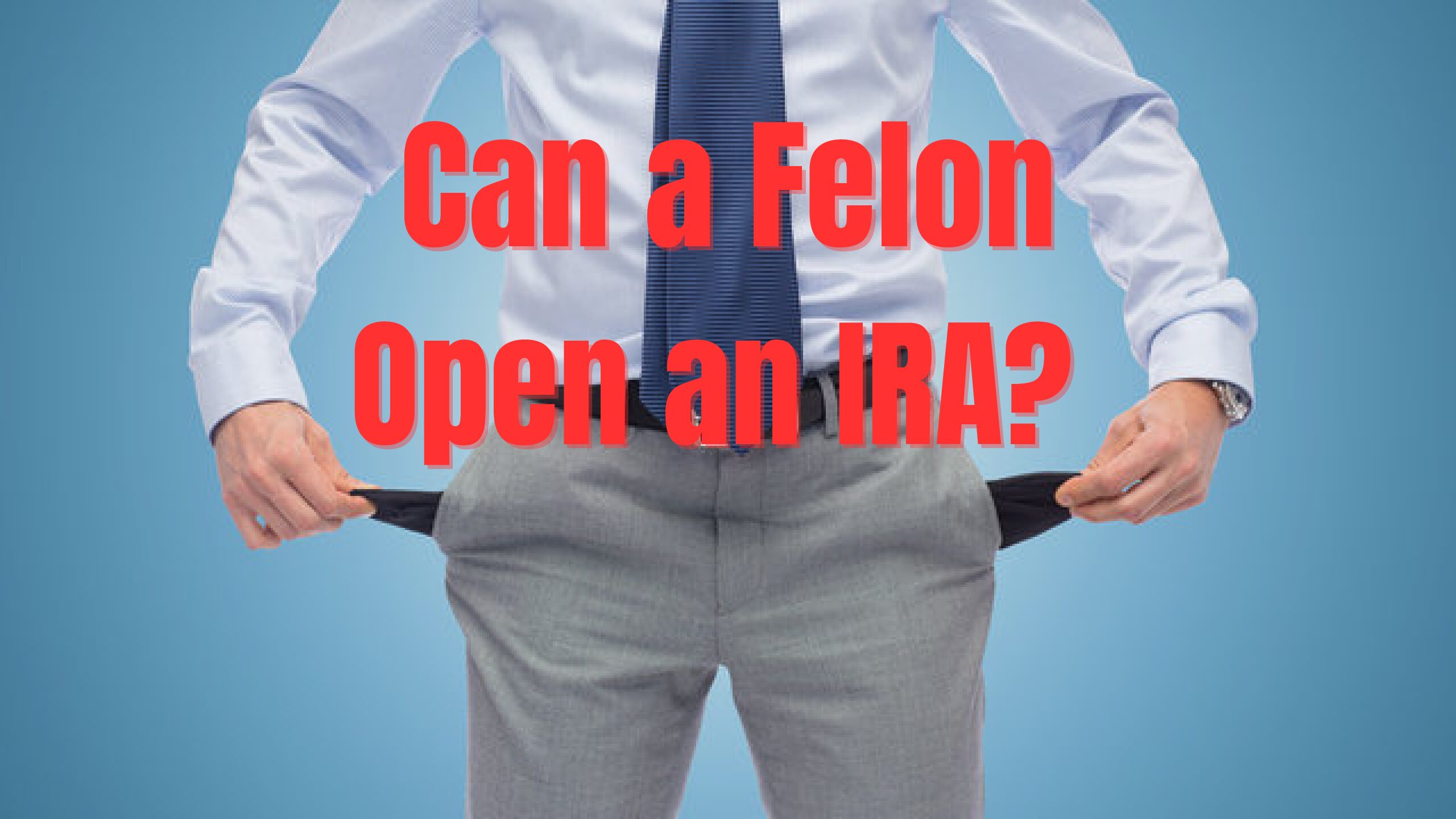CAN A FELON BUY AND SELL PROPERTY
The rights of felons, particularly for matters related to real estate, often involve complex legal context. This warrants (bad word) a comprehensive understanding of how transactions work, across various states, as these rights can drastically differ based off location.
Complications surrounding the purchase, ownership, and sale of property can have a direct and indirect impact on a convicted felon’s life, and their reintegration into society. Moreover, the specific procedures, restrictions, and potential obstacles a convicted felon may face when buying or selling property is vital for informed decision-making.
CAN A FELON BUY AND SELL PROPERTY
In the United States, people with felonies and criminal records are not barred by federal law from purchasing or owning properties. The Fair Housing Act of 1968 prohibits housing discrimination based on race, religion, national origin, or sex, and this extends to all individuals, felon or not.
Similarly, the Equal Credit Opportunity Act protects individuals from discrimination during the process of applying for credit, which includes mortgage loans. This means that lenders are not permitted to refuse a loan to an individual solely based on a criminal record. Each applicant’s ability to repay a loan must be assessed regardless of their criminal background.
While federal law allows felons to buy and sell property, some state laws may impose restrictions. In some instances, a felony conviction could impede a person’s ability to get a real estate license or become a property manager, as specific laws and regulations vary widely from state to state.
You may also want to check out: Can a Convicted Felon Get a Real Estate License
HOW DOES A FELONY CONVICTION IMPACT SOMEONE TRYING TO BUY AND SELL PROPERTY
Felony convictions may not legally prevent, nor directly affect someone from buying or selling property, but they can have an indirect impact on things such as steady employment and credit history.
For instance, securing the necessary financing to purchase a property might be more challenging. This is because some lenders, despite federal laws, may be less willing to approve a loan for someone with a serious criminal record. In addition, the nature of the felony could also have ramifications. If a person was convicted for financial fraud or a crime relating to finances, potential lenders might view this as a significant risk.
You may also want to check out: Can I Get a Mortgage With a Felony Conviction?
Additionally, a prison sentence can impact a person’s credit score, making it more difficult to get approved for a mortgage loan. Credit scores can drop due to prolonged periods of inactivity, and also if court-imposed fines are not paid on time.
You may also want to check out: Does a Felony Conviction Affect My Credit Score?
When selling property, a felony conviction typically has less impact unless the crime was directly related to real estate (like mortgage fraud). However, negative public perception or stigma attached to a seller with a noticeable criminal past may unintentionally discourage potential buyers.
The Role of Rehabilitation
All hope is not lost for a felon wanting to invest in real estate. Rehabilitation plays an essential role in the judgment of whether a felon can be trusted in the property market, especially in states where a real estate license is needed to operate.
To show rehabilitation, former felons can present proof of regular employment, ongoing education or skills training, community involvement, positive personal references, and abstinence from drugs and alcohol.
Considerations for Felons in Real Estate
Individuals with a criminal history, particularly a felony record, considering buying or selling property, should consider seeking the advice of a competent real estate attorney. By doing so, they can gain insights into local laws, deal with potential challenges linked to their felony status and develop the best route towards a successful real estate transaction.

WHAT KIND OF EFFECT DOES A FELONY HAVE ON REAL ESTATE TRANSACTIONS
In the United States, there are no federal or state laws that bar individuals with felony convictions from purchasing or selling property. This means that one’s criminal past does not impede their rights to participate in real estate transactions. The Fair Housing Act guards against discriminatory practices, ensuring that convicted felons can also buy, rent, or secure financial assistance for housing.
Despite these protections, it is essential to understand that certain indirect consequences of a felony conviction may pose challenges. Felons often face substantial financial burdens, including court fines and legal fees, potentially leading to poor credit scores or even bankruptcy. Such circumstances can make it more difficult to secure a loan required for the purchase of a property.
How Felony Convictions Impact Financing
The largest obstacle most felons face when trying to buy property is securing financing, not because of legal restrictions, but due to the financial consequences that are often associated with a criminal conviction. Many felons suffer from damaged credit due to unpaid fines, restitutions, and other legal expenses, which can make it difficult to secure a loan.
Moreover, lenders may consider a person’s criminal history as part of their overall assessment of “creditworthiness.” While a felony conviction isn’t a formal criterion in evaluating a person’s eligibility for a loan, it could contribute to a lender’s overall impression of the borrower’s reliability and stability.
Felony Conviction Impact on Employment and Income
Another aspect to consider is the impact of a felony conviction on employment. Felons often face barriers to employment due to discrimination, licensing restrictions, and the stigma associated with a criminal record. An unstable employment history or reduced income can further compound the difficulties in securing a loan, and by extension, purchasing property.
Indirect Consequences of Felony Convictions
While a criminal record doesn’t prohibit property ownership, it can limit property rental opportunities. Some landlords conduct background checks and may be reluctant to rent to an individual with a felony conviction. Similarly, homeowner and condominium associations often have regulations pertaining to criminal records, which could restrict where a felon can live, despite being a property owner.
Although there isn’t any legal restriction that bars a felon from buying or selling property, they may face indirect difficulties due to their felony conviction. These challenges can stem from their financial instability, limited employment opportunities, and the prevalence of potential housing discrimination, all of which can create significant barriers on the path to property ownership.

HOW DOES A FELON PURCHASE A PROPERTY
Purchasing a Property: A Felon’s Rights
It’s crucial to recognize that, in the United States, there’s an absence of laws preventing felons from buying or selling property. This knowledge often serves as a ray of hope for many felons who, post their release, aspire to deal in real estate or simply long for a fresh start in a place they can call their own. Rather than outrightly prohibiting felons from owning property, federal and state laws aim towards their societal reintegration.
Legal Rights and Reentry Challenges for Felons
Notwithstanding the above, there are certain challenges that felons can face when attempting to buy property. These involve issues of financial stability, criminal record stigma, or perceived credibility from potential sellers or real estate agents.
Having a felony on their record could potentially affect a felon’s credit score or ability to secure a bank loan. It’s also possible that background checks required by mortgage lenders and landlords may reveal the felony conviction, prompting them to deny the application.
Loan Approval Process
Securing a mortgage as a felon could potentially be more difficult compared to non-felons. Some mortgage lenders may impose stricter guidelines on ex-convicts or might refuse to lend altogether, based on a prior conviction. While ex-convicts cannot be outright denied the ability to get a loan due solely to their felony status, lenders can consider other factors that might be influenced by a conviction, such as employment history or credit score.
Importance of Credit Score
A felon’s credit score is often directly influenced by events surrounding their conviction including, but not limited to, job loss or substantial legal expenses. In a mortgage application process, a high credit score can be advantageous and lower credit score can be a reason for denial. Therefore, working towards credit repair should be a crucial step for felons wanting to buy property.
Potential Discrimination
Despite there being no legal impediments to felons buying property, societal prejudice and discrimination can sometimes occur. This can lead to unfair treatment in the buying and selling process. It’s important for felons to be aware of these potential difficulties and prepare for them accordingly.
Real Estate Licensing
While felons can buy and sell properties, obtaining a real estate license to professionally engage in the buying and selling of properties can be a challenge. Individual state laws vary on this issue, but many states do restrict felons from obtaining a real estate license unless a certain amount of time has passed since completion of their sentence, or unless they can demonstrate rehabilitation.
Legal Guidance
The process of buying or selling property can present unique challenges for felons. Thus, it is crucial for them to obtain professional legal and financial counsel. This guidance will aid them in smoothly navigating the process, considering any potentially unforeseen obstacles they could face due to their felony conviction.
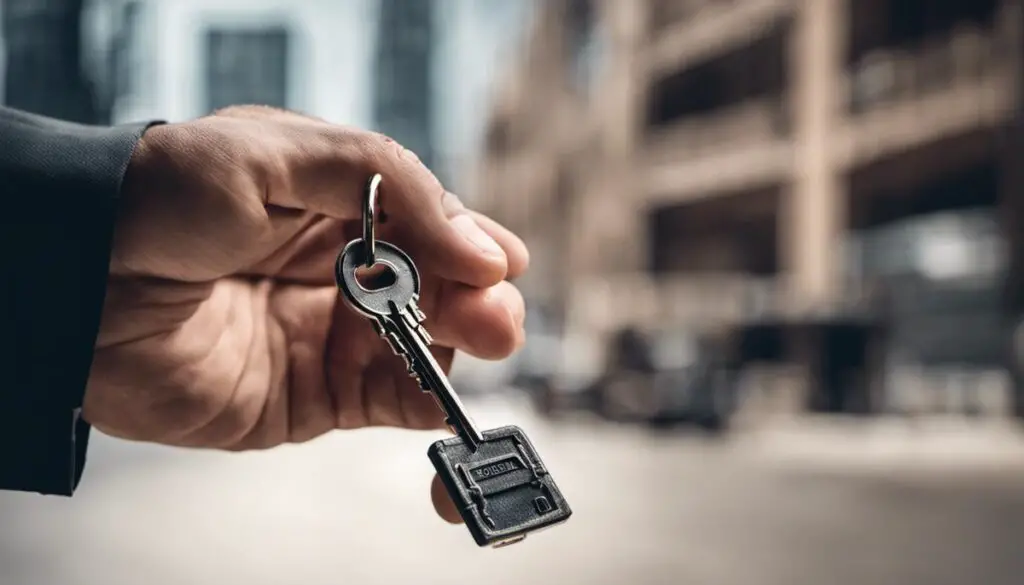
HOW DOES A FELON SELL A PROPERTY
Overall, in the United States, a felony conviction does not automatically disqualify an individual from owning property. There are no specific federal or state laws limiting a felon’s right to buy or sell real estate. In reality, the process of purchasing or selling property doesn’t typically necessitate a background check, as it seldom involves a public or monetary trust position.
Probation / Parole Conditions
However, individual conditions set during probation or parole could affect a felon’s ability to buy or sell property. For example, if a person is on parole and their conditions restrict them from making significant financial decisions without prior approval, this could impact their ability to engage in property transactions. Similarly, if a person is required to reside in a specific area or jurisdiction as part of their parole or probation terms, they may be limited in their capacity to buy property located outside of this area.
Struggles with Financing
While there are no legal barriers preventing felons from buying or selling property, they may face practical difficulties, particularly when it comes to securing financing. Criminal conviction can severely impact an individual’s financial stability and creditworthiness, making it harder to secure mortgage loans or other types of financing necessary for real estate transactions.
Awareness of Business Activities
Felons, particularly those convicted on financial crimes, should take additional care when buying or selling property. Any actions perceived as fraudulent or dishonest could potentially lead to further legal trouble, jeopardize parole or probation conditions, or even lead to new charges. This can include anything from lying on a mortgage application to hiding assets during a sale.
You may also want to check out: Will You Go To Jail For Violating Probation?
Caution with Restitution Orders
Also of importance is the consideration of restitution orders. If a felon has been ordered to pay restitution as part of their sentencing, this may affect their ability to retain assets, including property. Courts could potentially order the sale of a felon’s property to fulfill a restitution order, depending on the specifics of their case.
Felon Homeownership
After serving their sentences, felons encounter numerous obstacles when trying to reintegrate into society. Among these challenges, buying or selling property stands out as one of the significant issues they come across.
Owning a home or making money through buying or selling real estate can offer felons a solid footing for a successful rehabilitation and reintegration. Although there may be numerous hurdles involved, legally, there is no prohibition on felons engaging in home ownership or real estate transactions.

Conclusion and Resources for Real Estate Investing
Despite the common misconceptions, being convicted of a crime, even a felony, in the United States does not automatically rule out a person’s eligibility to engage in real estate transactions. This means a felon is not legally barred from buying, selling, or owning property.
However, they may face considerable challenges due to factors like financial limitations stemming from socio-economic conditions, or discrimination based on their criminal record that make navigating the real estate landscape particularly tough.
Non-profit Organizations
Several non-profit organizations work to provide felons with resources to help them become successful homeowners. These organizations offer financial education, affordable homeownership programs, and other necessary resources. For example, Habitat for Humanity helps low-income families, including those with a felon member, to become homeowners, provided they meet certain income and other eligibility criteria.
Government Assistance and Grants
Government agencies also provide resources for felons in property transactions. For example, the Federal Housing Administration, under the U.S. Department of Housing and Urban Development, provides loans to individuals with low-to-moderate income. Felons can apply for these loans, as long as they meet standard qualification criteria, such as credit and income requirements.
Legal Aid
Various legal aid organizations offer critical assistance to individuals with criminal backgrounds. These resources include training and assistance on criminal record laws, housing law, and financial management, among others. For instance, the Legal Services Corporation, a U.S. non-profit organization, provides civil legal aid to low-income individuals, including felons. This can aid felons in navigating the legal aspects of property transactions.
Credit Counseling
Felons often struggle to maintain a good credit history, a critical factor when trying to buy or sell property. Credit counseling agencies can provide important resources, including education on maintaining good credit, debt management strategies, and help in improving credit scores.
Networking
Finally, local real estate investment clubs and associations often welcome individuals with criminal backgrounds. These networking groups can provide valuable advice, resources, and opportunities to felons. Although the process can be challenging, with the right resources and assistance, felons can successfully navigate the property transaction landscape.
Understanding the rights and processes concerning felons and property transactions can aid in facilitating a smoother reintegration process into society post-conviction. Transparency about real estate procedures, potential roadblocks, and the legal implications of a felony conviction is crucial in helping this marginalized population reclaim their lives.
The more we understand these complexities and offer appropriate support, the more likelihood there is of achieving fair and equitable access to property ownership for all individuals, felons included.
Always remember that while challenges do exist for a felon looking to buy or sell property, there are resources available. Whether it’s through non-profit organizations, government programs, legal aid, credit counseling services, or networking opportunities, a felon can work towards achieving their property ownership and investment goals.
-The Educated Felon



